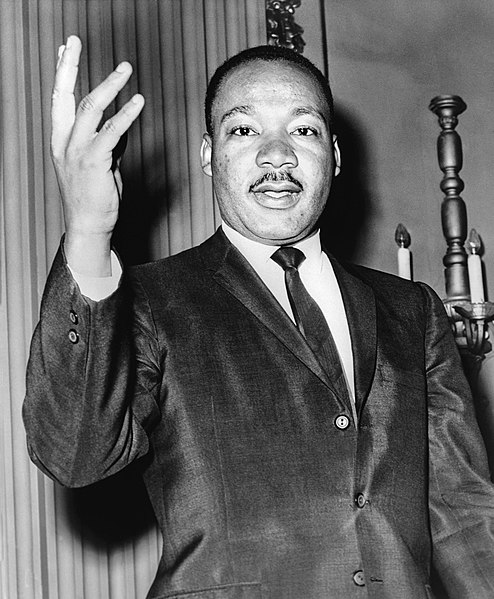I was deeply moved at the love she expressed by reaching out to these young men with the voice of a prophet -- at the hope she placed in them, in telling them she believed that they were indeed capable of choosing the right way and putting their lives on the right path.
 I thought of her compassion today in Memphis when I was listening to a dynamic pastor and psychology professor from Virginia Commonwealth University speaking at a chaplaincy conference on racial and ethnic diversity. Our society tells men that they have three roles – that of provider, protector and procreator – said professor Micah L. McCreary. When some of these opportunities to “be a man” are closed to a person by that very same society the person can adopt other roles as compensation, including that of the “bad man” or predator, he said.
I thought of her compassion today in Memphis when I was listening to a dynamic pastor and psychology professor from Virginia Commonwealth University speaking at a chaplaincy conference on racial and ethnic diversity. Our society tells men that they have three roles – that of provider, protector and procreator – said professor Micah L. McCreary. When some of these opportunities to “be a man” are closed to a person by that very same society the person can adopt other roles as compensation, including that of the “bad man” or predator, he said.
What really struck me about McCreary's talk was that it – like the words of the pastor in our hospital – had this fundamental hopefulness behind it. The prophet does not speak his or her words of warning to condemn, in my view. The prophet speaks in the hope that his or her words will effect real change and move people to turn to the right path.
 Another thing that struck me about McCreary's use of prophetic speech is that his words were not directed at an individual, but rather to groups as a whole. That is, they were calling not just for individual change, but also social change.
Another thing that struck me about McCreary's use of prophetic speech is that his words were not directed at an individual, but rather to groups as a whole. That is, they were calling not just for individual change, but also social change.
Social change is something that has been, it seems, lost from much of our religious language these days. We live in an age where even our religious and spiritual lives focus on things like personal piety and personal transformation. One of the other speakers at the conference – the annual meaning of the Racial Ethnic Multicultural Network (REM) of the Association of Clinical Pastoral Education – reminded us that Martin Luther King was deeply critical of this emphasis on personal piety. Being a person of the church, in King's view, meant taking on a radical and costly discipline, said Lewis Baldwin, professor of religious studies at Vanderbilt University.
King understood the church as a prophetic witness and movement, said Baldwin. He wanted unity in the church, but the unity King wanted was not of liturgy or even doctrine belief, but rather “unity in prophetic social witness”. It was this lack of focus on doctrine that allowed King's message to be heard not only by a Christians of all stripes, but also by people of other faiths, including Jews, said Baldwin
I was so grateful to have some time with these inspiring people and all the people who attended the REM conference. It was a privilege to be reminded of the true power and possibility of faith, and to be witness to the profound call to service to God that others feel.


No comments:
Post a Comment